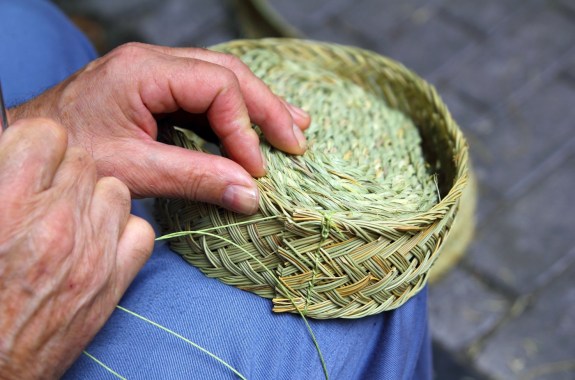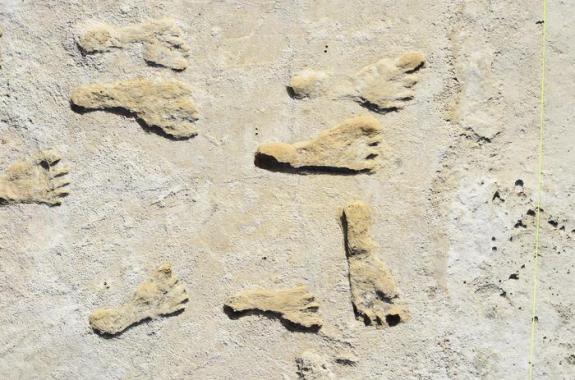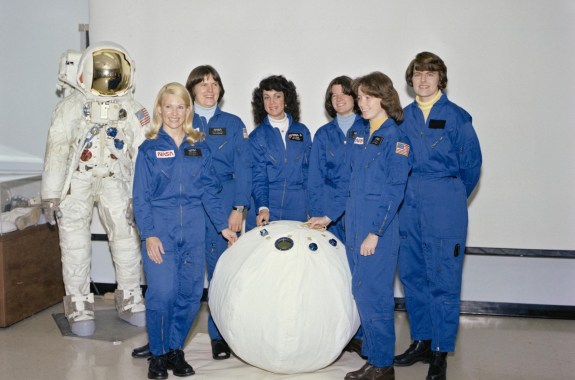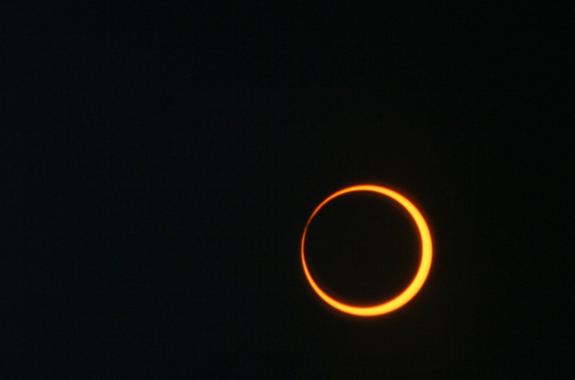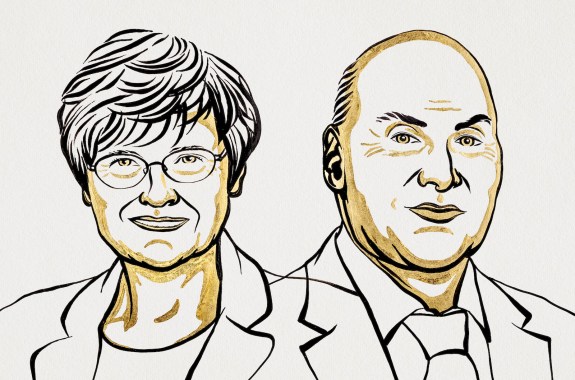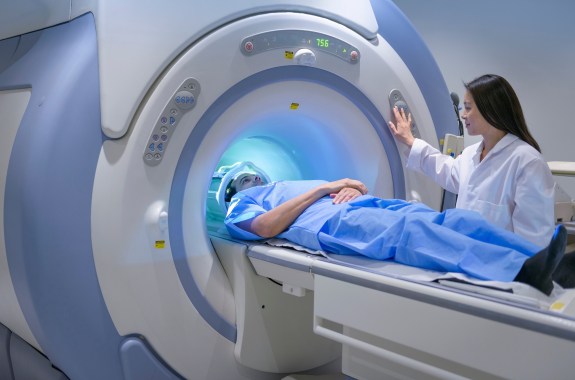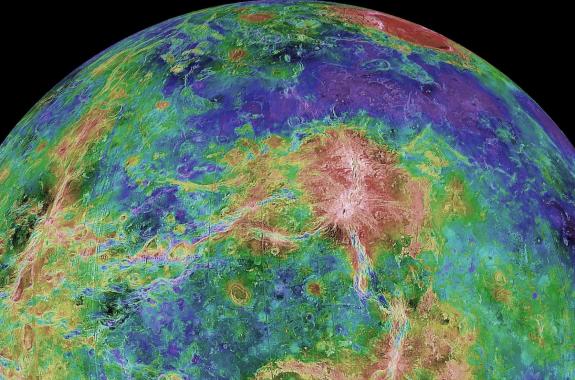Radio
Listen to Science Friday live on Fridays from 2-4 p.m. ET
November 22, 2024
On the 50th anniversary of Lucy’s discovery, paleoanthropologists reflect on what she means to science, and what she taught us about ourselves. Plus, divers have recovered seeds of a long-lost rye variety from a 146-year-old shipwreck in Lake Huron. And, just in time for Thanksgiving, a potato researcher explains potato varieties, potato nutrition, and some tubular tuber facts.
16:59
When Studying Ecology Means Celebrating Its Gifts
Bestselling author Robin Wall Kimmerer discusses the role of ceremony in our lives, and how to celebrate reciprocal relationships with the natural world.
16:56
Finding Meaning In The Cosmos
In her new memoir, astrobiologist Dr. Aomawa Shields describes how a quest for life in the cosmos helped her find meaning on Earth.
New Data Support Human Arrival In North America 22,000 Years Ago
A new analysis of ancient footprints in White Sands, New Mexico, adds to the debate about when humans arrived in North America.
The mRNA Vaccine Revolution
The mRNA innovations used to fight COVID-19 could be harnessed for nasal spray vaccines and even protection against other diseases.
The Stories Of The First Six Women Astronauts
You know Sally Ride. But what about the other first women astronauts? A new book from space reporter Loren Grush illuminates their stories.
How To View The October Eclipse
Much of the US will be able to see at least part of an annular solar eclipse on Saturday. Astronomer Dean Regas offers tips for safe viewing.
A Mathematician Asks ‘Is Math Real?’
When math is based on abstract concepts, how do we know it’s correct? Dr. Eugenia Cheng takes on that question in a new book.
12:17
An mRNA Advance Wins A Nobel Prize
Other awards went to advances in quantum dots, and timing super-fast electron pulses.
17:02
Full-Body MRIs Promise To Detect Disease Early. Do They Work?
Influencers like Kim Kardashian have promoted full-body scans, but experts say the potential harms outweigh any possible benefits.
12:17
Venus Lightning Debate Gets Lit
Does Venus have lightning? A study based on data from the Parker Solar Probe gives the 40-year-old debate a jolt.
